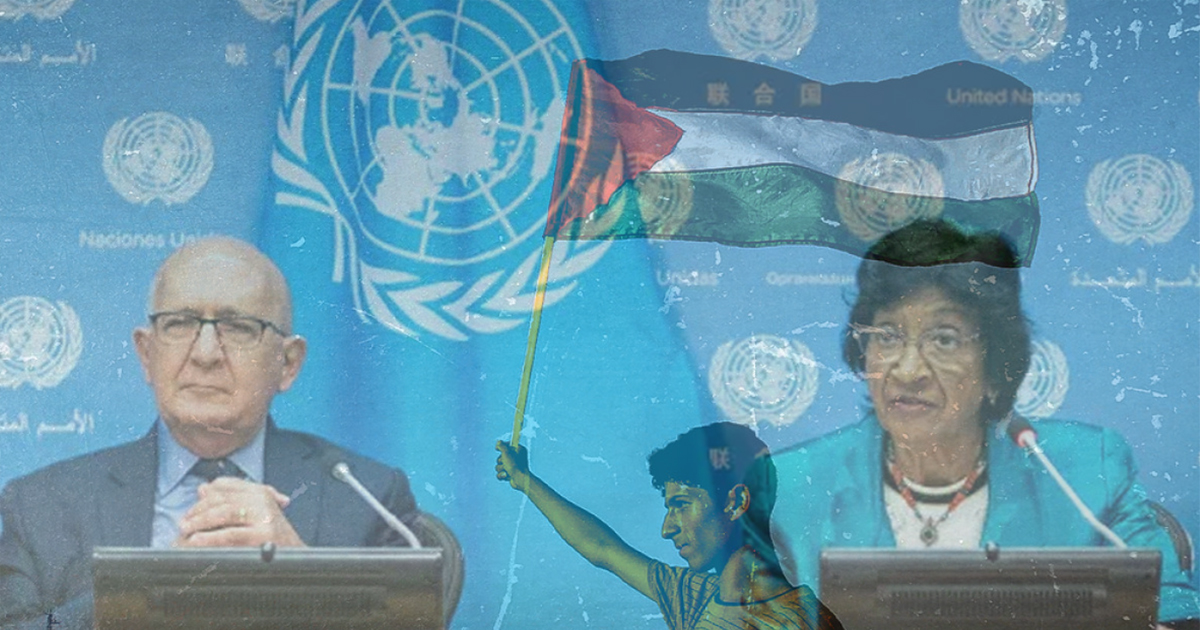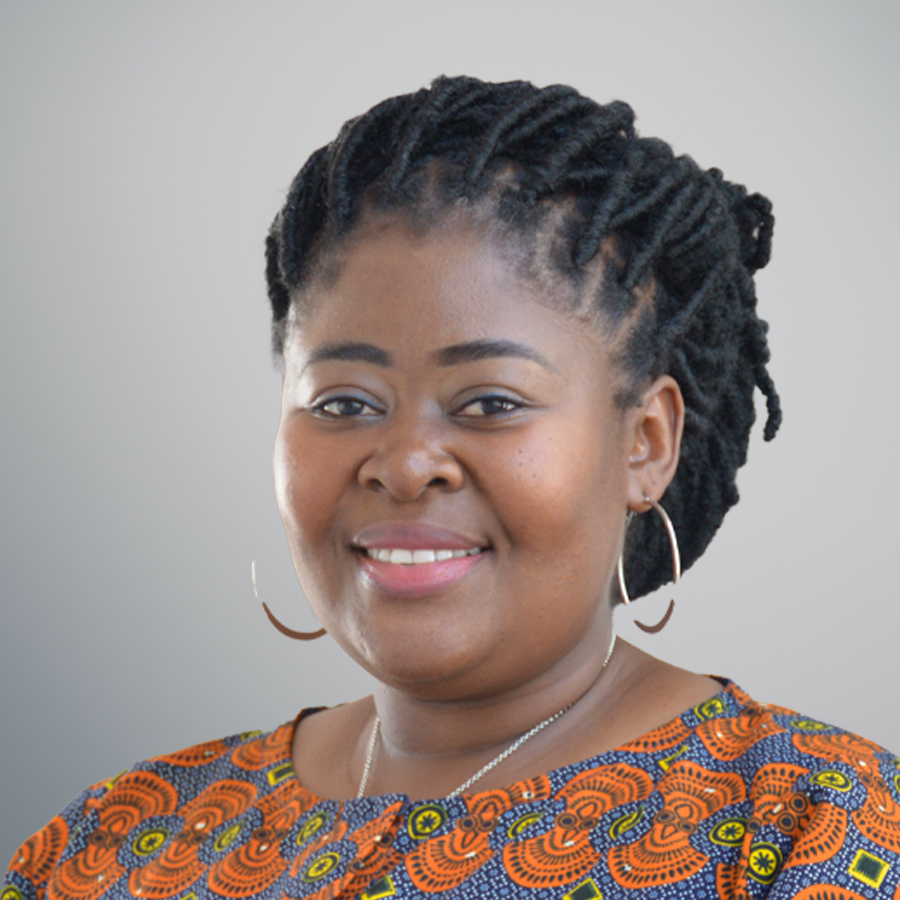On Monday 5 February 2024, the Centre for Human Rights, Law Faculty, University of Pretoria held a seminar with the Independent Commission of Inquiry on the Occupied Palestinian Territory, including East Jerusalem, and Israel which is part of its ongoing mission to South Africa. The purpose of the seminar was to discuss the situation in the occupied Palestinian territory with the chair of the Commission Navanethem Pillay and Commissioner Chris Sidoti, and staff from the Secretariat of the Commission at the UN Office of the High Commissioner for Human Rights (OHCHR), Mr Giuseppe Calandruccio and Ms Sun Kim.
The Commissioners discussed their role and how the Commission of Inquiry fits into the UN and the intersection of the work of the Commission with the International Court of Justice (ICJ) and the International Criminal Court (ICC). The Commission is an independent arm of the United Nations, which was established by the UN Human Rights Council in May 2021 and is preparing a report that it will present to the Human Rights Council in June 2024 and the UN General Assembly in October 2024.
In relation to the ICJ, the Commissioners first explained the two mandates of the ICJ, that is (i) to give advisory opinions, and (ii) to address contested cases. Reflecting on the 26 January 2024 ICJ provisional measures order against Israel in a case brought by South Africa under the 1948 Genocide Convention, former UN High Commissioner for Human Rights, and a long-time friend of the Centre, Judge Navi Pillay noted that the occupation of Palestine is probably the longest occupation, followed perhaps by that of Western Sahara. It may take years before the final judgment in the case brought by South Africa, but already on 19 February hearings will start at the ICJ on a request for an advisory opinion from the UN General Assembly on the “Legal Consequences arising from the Policies and Practices of Israel in the Occupied Palestinian Territory, including East Jerusalem”.
The Commissioners were happy to engage with the participants, including the 2024 cohort of the Masters Programme in Human Rights and Democratisation in Africa (HRDA), which is one of five masters programmes offered by the Centre for Human Rights. In response to questions, Mr Calandruccio noted with regard to evidence gathering the use of highly specialized repository and databases, and other resources available to the United Nations. Commissioner Sidoti noted that genocide is difficult to prove, but can be drawn, from public statements, circumstantial evidence, reasonable inference and interviews.
When it comes to implementation of the ICJ’s provisional order, the international community has an important role to play, as some of the enforcement will come down to international diplomacy.
The Centre for Human Rights is part of the Global Campus of Human Rights, which is network of over 100 universities in eight regions with the vision and mission ‘to foster new generations of human rights defenders contributing to a world in which human dignity, equality, freedom, security, sustainable development, democracy and the rule of law are realised.’ We acknowledge the financial support from the European Union through the Global Campus for Human Rights.
For more information, please contact:
Tel: +27 (0) 12 420 6703
michelle.maziwisa@up.ac.za

